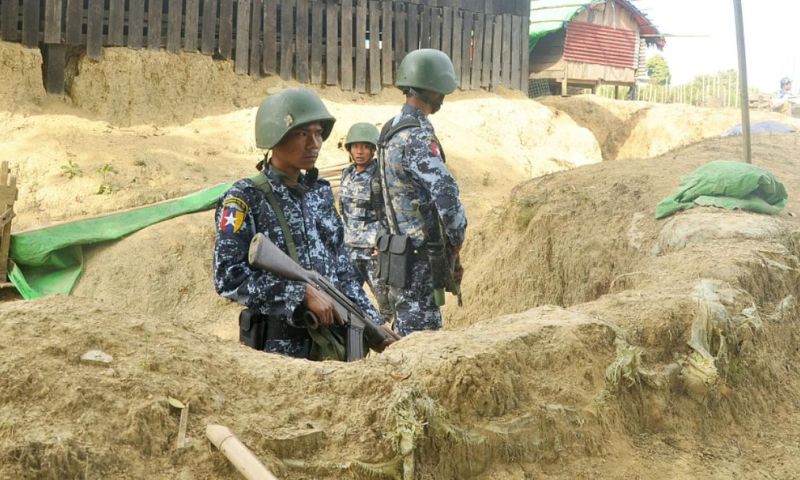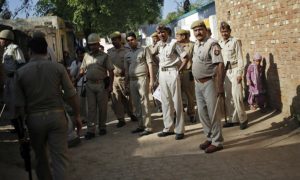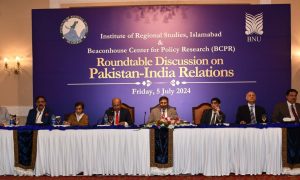GENEVA: A United Nations investigation into Myanmar revealed on Wednesday alarming findings, urging the country’s military rulers to cease forced labour within the army and put an end to violence against trade unionists.
The investigation, conducted by the UN’s International Labour Organization (ILO), uncovered extensive violations of international forced labour and freedom of association conventions in the Southeast Asian nation.
Myanmar has been engulfed in turmoil since the military ousted the democratically-elected civilian leader, Aung San Suu Kyi, in a coup in February 2021. In response to the serious violations of international labour standards, the ILO launched a commission of inquiry, a procedure it has employed only 13 times since its establishment in 1919.
The commission of inquiry found that the Myanmar junta had severely restricted basic civil liberties and trade union rights. It highlighted the military’s imposition of various forms of forced labour, urging the authorities to “immediately cease all forms of violence, torture, and other inhumane treatment against trade unionists” and to end forced or compulsory labour. The commission called for urgent action to halt egregious violations of conventions on forced labour and freedom of association and to prevent further abuses.
Devastating Effects of Myanmar Junta’s Rule
The junta’s rule has had devastating effects on basic civil liberties, leading to the death, arrest, detention, abuse, and torture of trade union members and leaders. The military also employed residents for various types of forced labour, including work as porters, guides, human shields, and for cultivation, construction, maintenance of military camps, provision of transport, accommodation, food, and domestic work.
The commission’s report not only urged the junta to release detained trade unionists and restore civil liberties but also outlined recommendations for a peaceful transition when Myanmar returns to democracy. The country has three months to respond, indicating whether it accepts the report’s findings. If not, Myanmar can choose to take the matter to the International Court of Justice. The report underscores the urgent need for international attention and action to address the dire human rights situation in Myanmar.
























